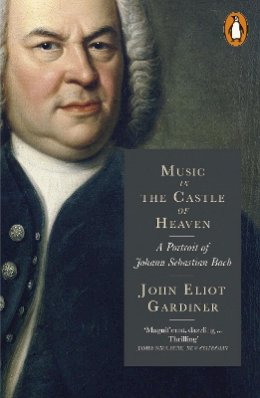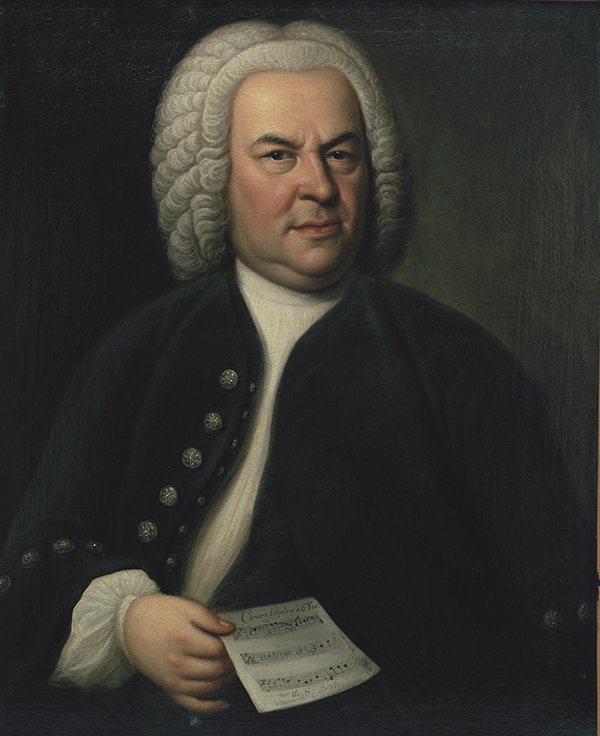

Gardiner is a regular guest of the world’s leading symphony orchestras, including the London Symphony Orchestra, Berliner Philharmoniker, Symphonieorchester des Bayerischen Rundfunks, Royal Concertgebouw Orchestra and Gewandhausorchester Leipzig, conducting repertoire from the 16th to the 20th centuries.


His work as Founder and Artistic Director of the Monteverdi Choir & Orchestras has marked him out as a key figure both in the early music revival and as a revelatory conductor of an exceptionally broad range of music. Bach's Cantatas, Passions and Motets, Sir John Eliot argues, offer the most revealing glimpses of the composer: passionate, querulous, self- castigating but also one who believed he had been selected by God to create a new and glorious music.įirst broadcast in November 2013.John Eliot Gardiner is celebrated as one of the world’s most innovative and dynamic musicians. Biographical information on Bach is sparse, but Sir John Eliot tells Tom how his research paints a picture of a rebellious man, perhaps thuggish in his teenaged years, with a mania for composition. It was the start of a lifetime's fascination with Bach, the man and his music, and Sir John Eliot recalls his frustration at the 'precious' way his music was performed during his university years at Cambridge in the 1960S. He tells Tom how a Silesian refugee arrived at his family farm in Dorset in 1936 with two items of luggage: a guitar and the celebrated portrait of Bach by Haussmann, which led to Sir John Eliot growing up 'under the Cantor's gaze'. In his new book on Bach, 'Music in the Castle of Heaven', Sir John Eliot offers a portrait of this most enigmatic musical genius. Tom Service interviews one of the most influential musicians of our time - the conductor Sir John Eliot Gardiner.


 0 kommentar(er)
0 kommentar(er)
